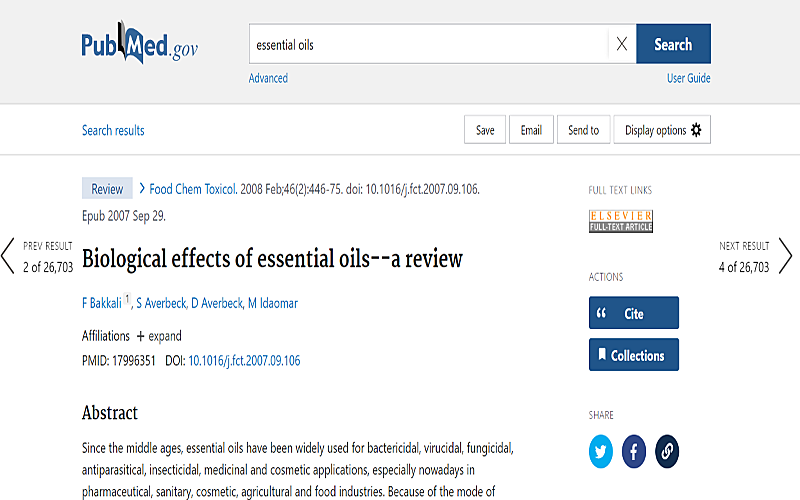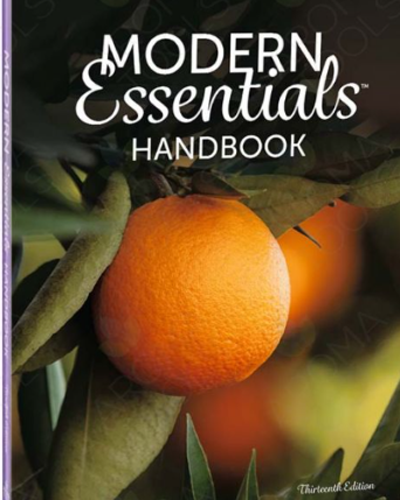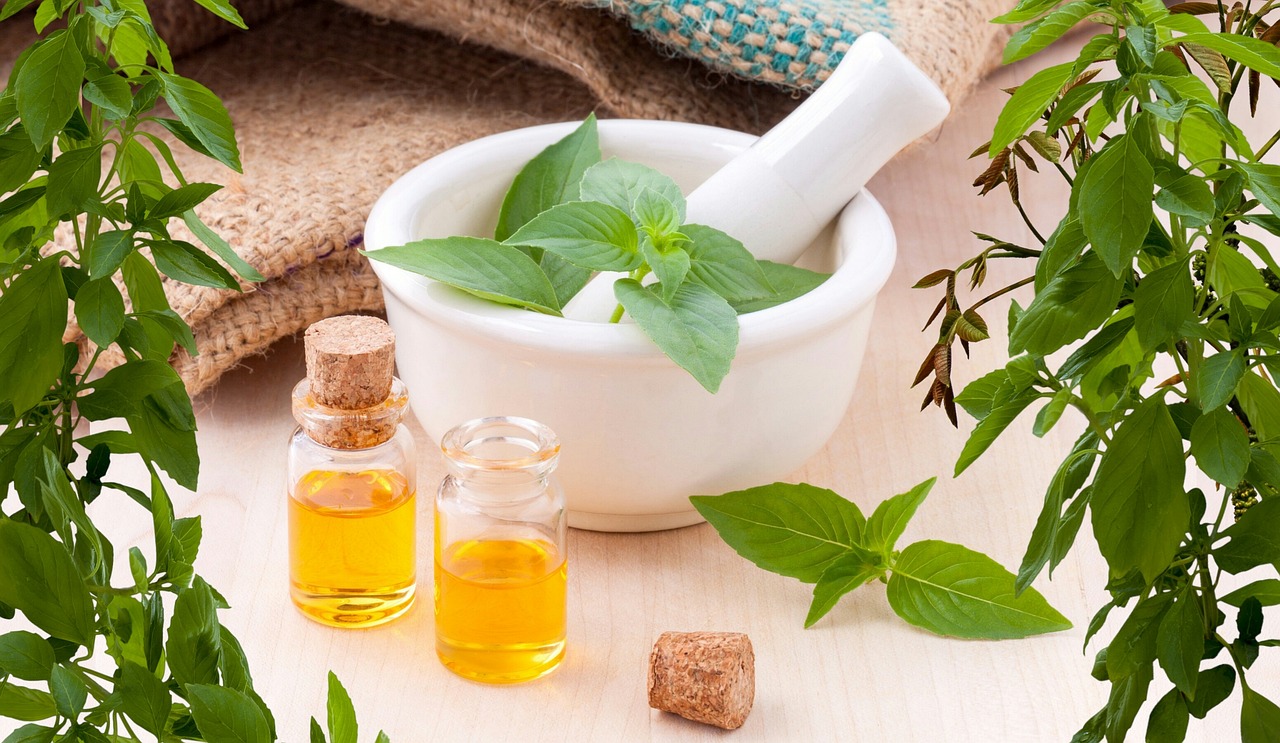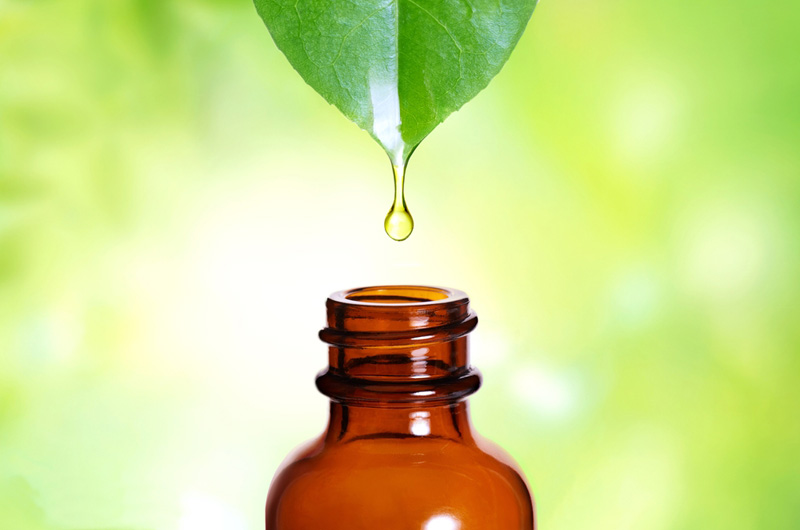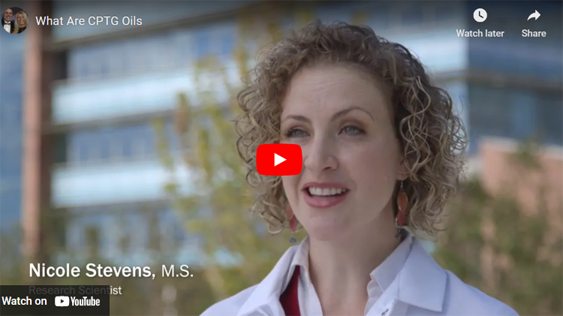SUBSCRIBE TO MY FREE ESSENTIAL OILS NEWSLETTER, "THE ESSENTIAL OILS Rx"
The Science of Essential Oils
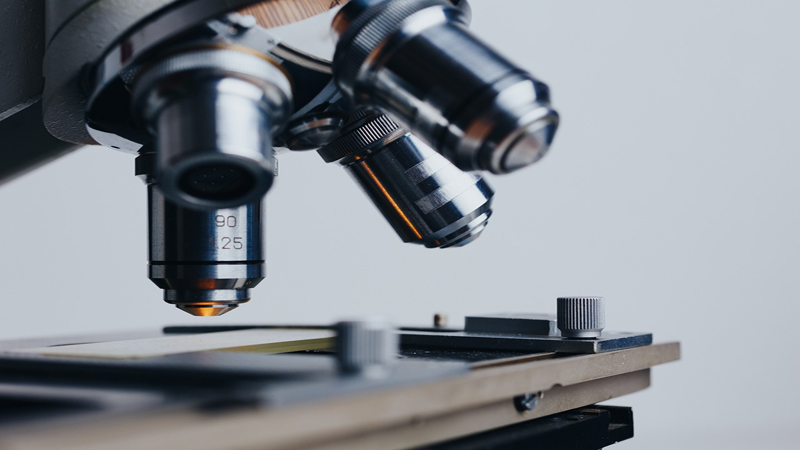
Essential oils are popular and are currently used for both physical and emotional support. But is there any science behind the use of essential oils? The answer is. . . "Yes"!
Herbs and other plants have been used medicinally for centuries. In fact, many pharmaceuticals begin their life as compounds isolated from plants.
Digitalis, for example, was initially isolated from Foxglove. And it is chemicals contained within the plant's essential oils that are responsible for their medicinal and healing benefits.
Essential Oil Chemistry
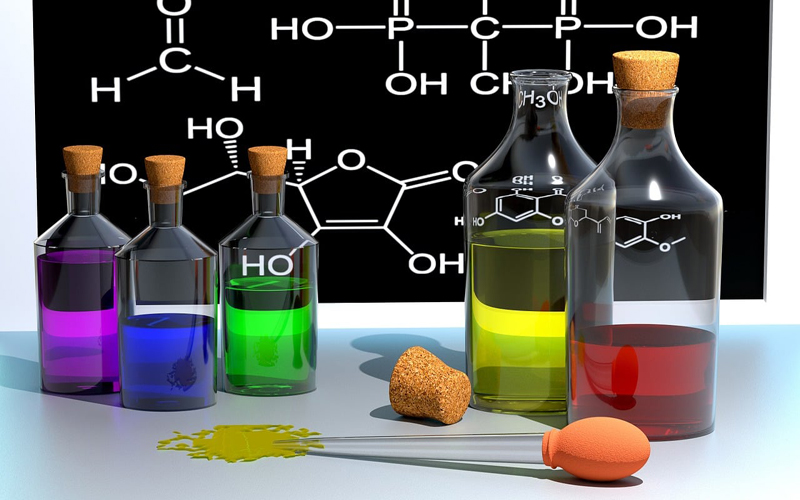
Each type of essential oil contains a unique blend of chemical constituents. Many of these are small, lipophilic molecules that are capable of interacting with cellular targets.
Some of these chemical constituents influence cellular changes by attaching to receptors located on the cell’s membrane. Others are able to pass through the cell’s membrane to the interior of the cell. Once inside the cell, these constituents can effect changes by binding to intracellular enzymes and proteins. Some can even interact with the cell’s DNA!
In addition to their beneficial effects on our cells, many of the chemical constituents of essential oils are known to have potent antifungal, anti-bacterial, anti-viral and anti- inflammatory effects. For more on the chemistry of essential oils click on this link.
Scientific Studies
While I have often heard it said that there are no scientific studies supporting the use of essential oils, nothing could be further from the truth.
Understanding how essential oils induce beneficial effects through their cellular interactions, and the use of these oils for anti-microbial and other medicinal purposes are currently active areas of research.
As a result of this ongoing research the market for the medicinal use of essential oils is growing.
According to a report by Grandview Research, not only is the use of essential oils expected to “expand at a compound annual growth rate of 7.4%. . .from 2021 to 2028” but medical applications are expected to constitute a significant portion of that growth.
According to the report . . .
"Medical emerged as one of the most significant application segments of the (essential oil market in 2020. This segment is projected to witness growth over the coming years owing to the increasing application of essential oil(s) and floral extracts in the medical sector. The growth of the natraceutical sector and the increasing popularity of integrative medicine emerged as other major factors driving the market for essential oils.”
Throughout this website I have linked to relevant studies whenever possible. You can find many more such studies at sites like PubMed.gov.
It should be noted that many (although certainly not all) essential oil studies have been done on the individual chemical constituents of the oils, rather than the oil as a whole.
If a particular chemical compound has been found to have a certain effect, then it is likely that essential oils containing a high percentage of that compound will have the same or similar effect.
Of course, as with supplements and medications, nothing works well for everyone and some essential oils may work better for certain people than for others.
This is particularly true when it comes to the emotional effects of essential oils, since memory and life experiences play into the emotions elicited by any particular scent. And these memories and experiences differ from person to person.
Essential Oils and the FDA

Unlike most medications, essential oils are totally natural substances. As such they do not require - nor have they received - FDA approval for any specific purpose.
While this does not mean that essential oils do not have medicinal utility, it does mean that you need to be careful when talking about them.
The FDA treats essential oils as supplements and, as with supplements, it does not allow essential oils to be advertised with “disease claims.” These include claims that essential oils can be used to diagnose, prevent, treat or cure any disease or well-known symptoms of a disease.
This is why. when referring to suggested uses for essential oils on this website, I have used only very general terms such as “supports respiratory function” or "use for occasional GI upsets”.
FDA Compliance
The FDA does not allow essential oils to be advertised with "disease claims". These include claims that the essential oil can be used to diagnose, prevent, treat or cure any disease or well-known symptoms of a disease.

Want to try doTERRA essential oils or essential oil products?
Click on this link to get a FREE membership and WHOLESALE prices for a full year! Get My Free doTERRA Membership.
When talking about essential oils on your own website you want to be careful to use "FDA compliant" language. You can find a guide to the appropriate language to use and not to use by clicking on this link.
Additional Information and References
For more information on which essential oils to use to help with any given condition, I highly recommend the book, "Modern Essentials: The Complete Guide to the Therapeutic Use of Essential Oils.
This book, which is updated annually, contains hundreds of scientific references and allows you to search for a particular condition and find which oils are most likely to help with that condition. To purchase the book, click on this link.
Next in the Series on Essential Oil Basics
Physical Benefits of Essential Oils: Essential oils have both physical and emotional benefits. To learn about some of the physical benefits and which essential oils and blends I use to reap these benefits click on this link.
